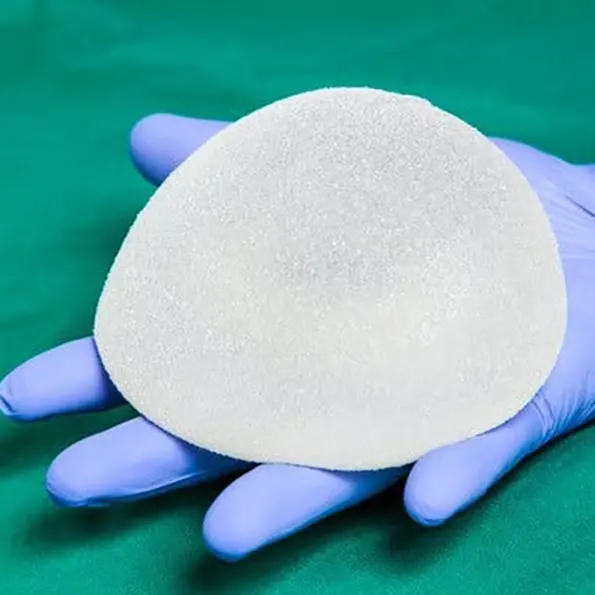1. Surgery Overview
Breast augmentation, also known as breast enlargement or mammoplasty, is a cosmetic surgical procedure aimed at increasing the size, enhancing the shape, or restoring the volume of the breasts. This is typically done by inserting implants (saline or silicone) or by using fat transfer from another part of the body. It is commonly performed for aesthetic reasons, to restore breast volume after pregnancy or weight loss, or to balance asymmetrical breasts.
2. Type of Anesthesia
Breast augmentation is typically performed under general anesthesia, ensuring the patient is fully asleep and pain-free during the procedure. In some cases, local anesthesia with sedation may be used.
3. Possible Risks and Complications
Infection
Bleeding
Implant rupture or leakage
Capsular contracture (scar tissue forming around the implant, causing discomfort or distortion)
Numbness or change in sensation in the breasts or nipples
Poor wound healing
Asymmetry or dissatisfaction with aesthetic results
Changes in breast or nipple sensitivity
Need for future surgeries if implants require replacement or adjustment
4. Hospital Stay Duration
Breast augmentation is typically performed on an outpatient basis, meaning the patient can go home the same day. In some cases, a short stay of 1 night may be required, depending on the patient’s condition or preference.
5. Important Post-Operative Care
Wear a surgical bra or support garment to minimize swelling and provide support during the healing process
Avoid heavy lifting, strenuous exercise, or activities that involve the chest muscles for 4 to 6 weeks
Take prescribed pain medications and antibiotics as directed
Keep the surgical site clean and dry to prevent infection
Follow up with your surgeon to monitor healing and evaluate the results
Report any signs of complications (fever, unusual pain, or changes in the appearance of the implants) to your healthcare provider.

